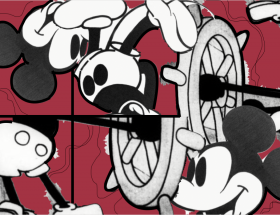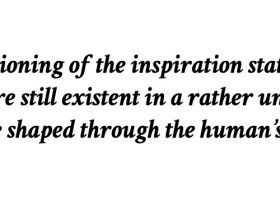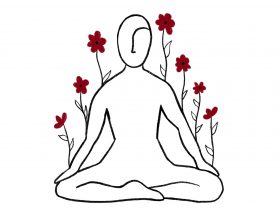Growing up, we are always told to be strong, to be resilient and take whatever issues we have with a pinch of salt. Of course, it is important to be emotionally resilient to some degree but being “strong” also allows for the development of a generation of young adults terrified of the idea of “weakness”, more formally known as vulnerability.
This fear of vulnerability was traced back to feelings of shame by Professor Berne Brown, that arise from trying to occult features of ourselves that we consider to be unfavourable in a group setting and that we are ashamed to share with others out of fear of ostracization.
Our fear of ostracization stems from our fundamental need to belong to a group and form meaningful connections, since when we do not have access to those, we tend to become unhappy and develop other mental health issues. But – the idea of human connection and its relation to vulnerability is somewhat counterintuitive.
We avoid being vulnerable around the people we would like to form a connection with because we want to show them the best possible version of our projected self to ensure acceptance. However, research has brought forward strong evidence to suggest that human connection actually heavily relies on exhibits of vulnerability to the people we are close with or trying to form close relationships with. The experience of sharing vulnerable aspects of ourselves with the people around us helps others feel comfortable and share their respective vulnerabilities.
This transfer of information makes for an “equalling of playing fields” of sorts and creates a new group dimension, where sharing vulnerabilities becomes a feature that defines the in-group and thus reinforces the bonds between the people within that in-group. The establishment of trust and sense of belonging is what encourages individuals to be vulnerable with each other and to expose the truest version of their self. It is in those moments, when individuals allow their truest self to shine that they are the most likely to feel accepted. This feeling of acceptance being, according to research, the basis of living a fulfilled emotional life and thus underlining the importance of being able to share the vulnerable parts of ourselves.
Now, theoretically this all sounds wonderful and very easy but we all know that being vulnerable with other people is one of the hardest things to do, especially since we risk being judged for the things that we feel vulnerable about. But again, I believe there is quite a counterintuitive idea within this logic because being vulnerable might actually be our best screening mechanism to identify the people that we would like to surround ourselves with.
Namely, it is those people that are comfortable with our show of vulnerability and that accept us, despite the things we consider vulnerable about ourselves, that are the individuals that we will form the strongest and most meaningful friendships with. We need to actively look for these people and the only way we will find those people is by allowing ourselves to feel vulnerable. Being vulnerable is scary because being vulnerable means that we are in a position to be hurt.
But in life, it is inevitable that if we are brave, we will face struggles. If we love, we will get our hearts broken. If we are engaged in something, we will face disappointment. However, we should encourage each other to feel vulnerable since that is the only way that we are enabled to feel the emotions associated with meaningful human connections.
art by Julie Torres




